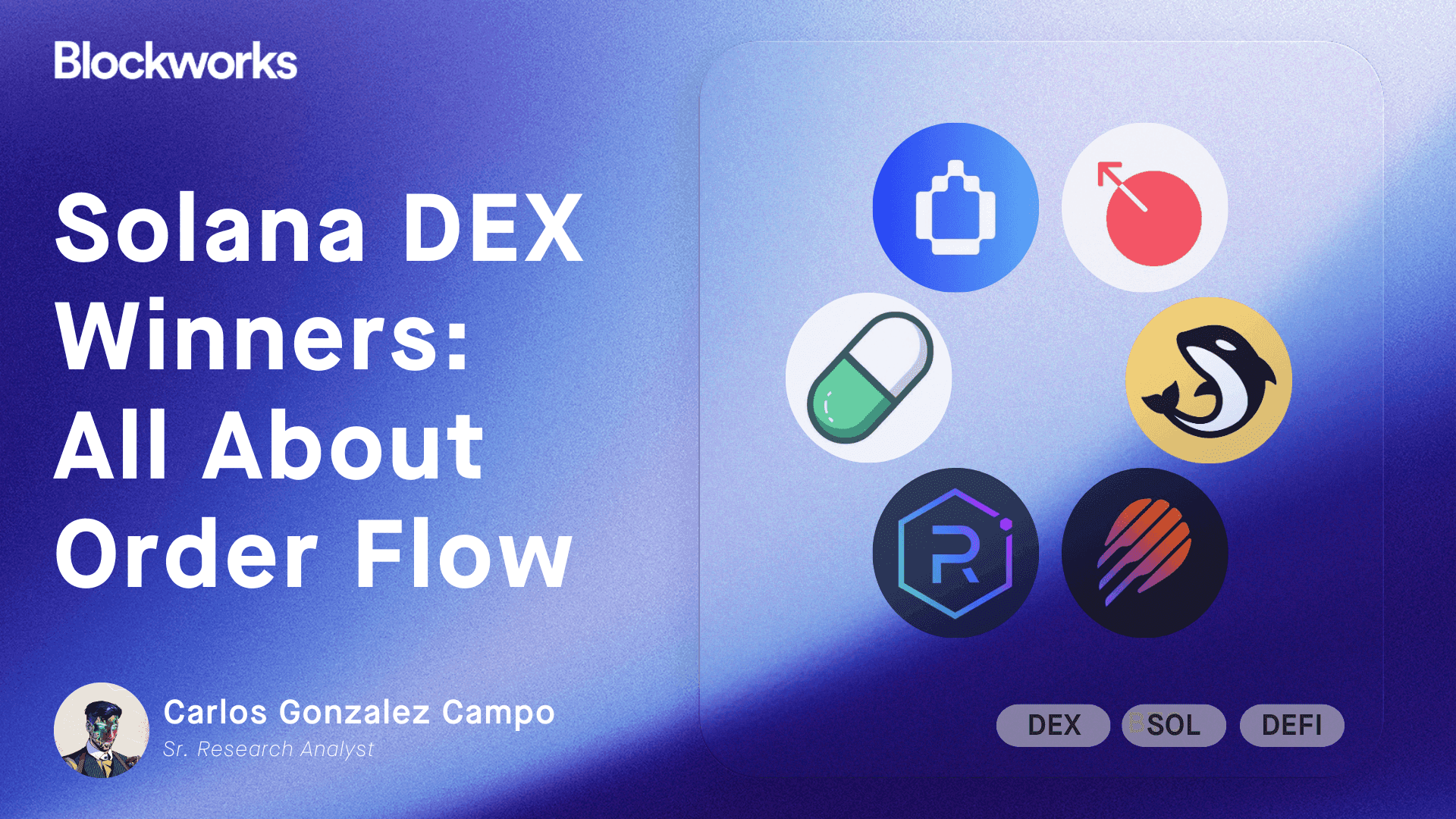Tether is ‘unfairly maligned,’ but will eventually fail, says Nic Carter
While the general partner at Castle Island Ventures prefers to use USDC, he understands why people choose Tether

Voar Designs/Shutterstock modified by Blockworks
Tether “FUD” often springs up alongside the reliable “crypto is dead” chorus that rings out from season to season. However, Nic Carter believes that the stablecoin is “unfairly maligned” by its detractors, which he refers to as “Tether truthers.”
“I’d like them to introspect and acknowledge that they have been wrong,” he says. While Carter, general partner at Castle Island Ventures, admits the stablecoin solution has garnered a dubious reputation, the theory that it was completely unbacked “is false,” he says.
On the Lightspeed podcast (Spotify/Apple), Carter insists that the “sketchy” nature of Tether (USDT) is a feature, not a bug. “The fact that they’re running around the world trying to find banking, trying to find partners that are going to do business with them — payment processors — that’s because they’re offshore,” he says.
The company is purposely designed to be “remote from the US government apparatus,” Carter explains, and it’s because of that design that bank partners are constantly pressured to “shut them down,” resulting in them seeking “unsavory partners.”
With Tether acting as a sort of “unregulated global shadow bank,” Carter says, it’s no wonder that they keep running into regulatory problems. But Tether holders find value in the stablecoin solution for the same reason — it’s perceived as being “more offshore than USDC, for instance.”
Carter notes that banks and regulators clamped down on crypto earlier this year through a move often referred to as Operation Chokepoint 2.0. In response, crypto enthusiasts “fled USDC for Tether,” seeking safe haven in a stablecoin they believed would be resistant to US government intervention.
“That’s kind of the point of Tether,” he says.
“You can see why you might want to be a little bit more remote from US financial regulators,” Carter says, especially as American financial policy has become “super interventionist.” Carter cites the freezing of Russia’s reserves and apparent attempts to cut the crypto industry off from America’s banking system as examples of interventionist actions.
“I don’t use Tether”
Carter concedes that he does expect Tether to fail, eventually. “I don’t think it will last another three years, actually.” But he says it makes sense why someone would use Tether in particular circumstances. “And to be clear,” he says, “that’s not me. I don’t use Tether.”
Carter explains that he prefers to use USDC to settle transactions, noting that the US government possesses an “enforcement arm that reaches globally.”
Carter does not expect such a regulatory crackdown to be “catastrophic” for the crypto industry. “It will just mean that there will be some sort of net settlement, a sort of aggregate global settlement where, if you are a real institution or you can pass know-your-customer (KYC), then you can withdraw your pro rata share of the underlying reserves.”
“As the crypto industry legitimizes itself,” Carter says, “global offshore shadow banks like Binance and Tether” are destined to ultimately be “marginalized,” especially if an onshore stablecoin like USDC receives a “regulatory blessing.”
A stablecoin bill that chooses USDC, Carter explains, would create political will to chase down competitors that are perceived to be cheating or not operating on a level playing field.
Carter says that while Tether appears to be “fairly stable” for now, the long, “insalubrious” history of the company points to the likely possibility that “they will be chased down eventually.”
“If they really want to get them,” he says, “they’ll be able to.”
Get the news in your inbox. Explore Blockworks newsletters:
- The Breakdown: Decoding crypto and the markets. Daily.
- 0xResearch: Alpha in your inbox. Think like an analyst.






